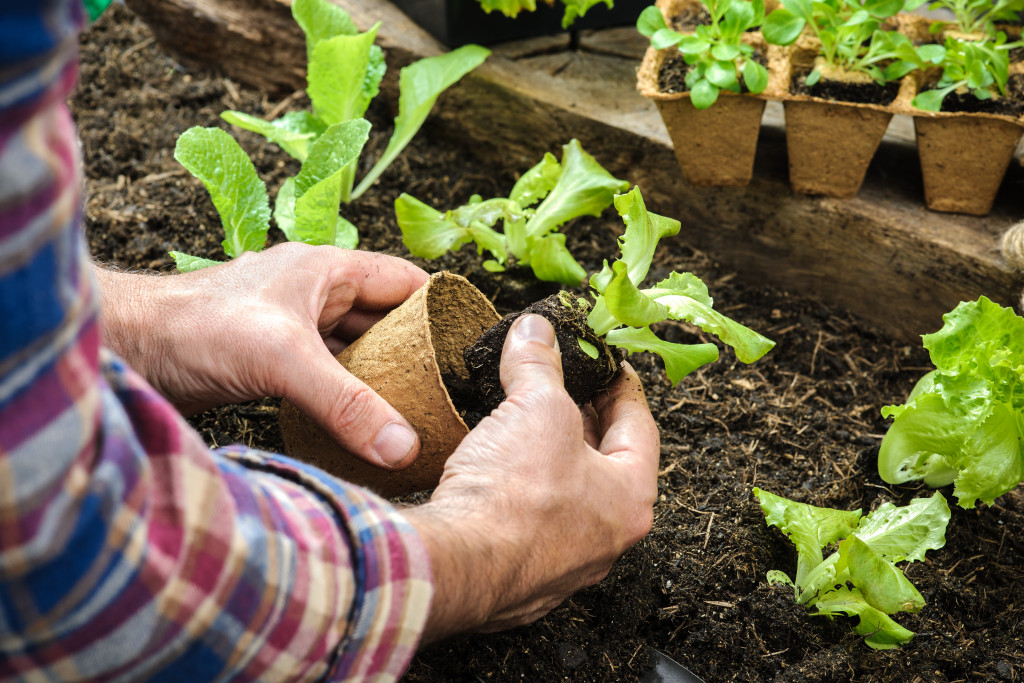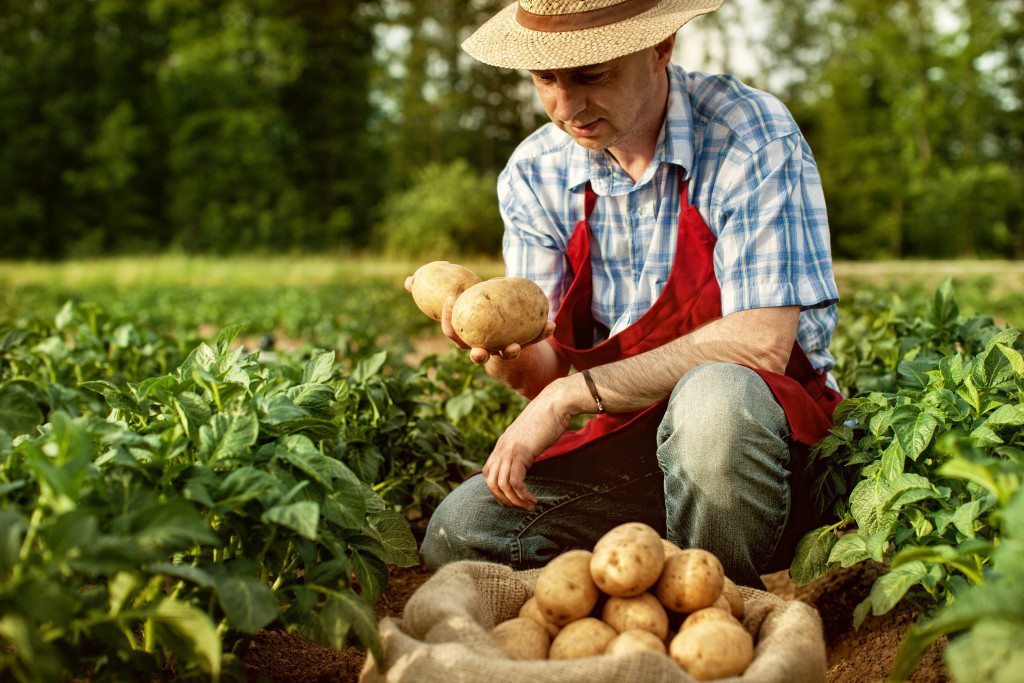- Automation technologies, including autonomous tractors and drones, can help farmers reduce labor costs and increase efficiency.
- Precision agriculture can enable tailored interventions for each field, reducing unnecessary inputs.
- Financial management tools such as budgeting and retirement planning are essential for long-term success.
- Professional input can provide much-needed financial security in uncertain times.
Farmers are facing more complex challenges than ever before. From rising temperatures and unpredictable weather to economic uncertainty, farmers today need to leverage new trends and technology to remain competitive and successful. Luckily, many new tools and technologies are emerging to help farmers stay ahead of the curve. Which ones are most important, and how can they be used to increase efficiency and profits?
Automation
Automated practices are one of the biggest game-changers for modern farmers. This equipment can help reduce labor costs, improve efficiency, increase accuracy, and extend the growing season. Some of the most important tools in this category include:
Autonomous Tractors
These are robotic harvesters that are increasingly becoming commonplace on farms around the world. They respond to sensors that detect plants and weeds, then apply herbicides and fertilizers appropriately. This type of automation reduces the need for human labor, increases productivity, and limits the potential for human error.
Drones
Additionally, drones well-equipped with sensors can enable expansive crop monitoring capabilities that reduce input costs and lessens environmental damage compared to traditional methods. By implementing these systems in farming operations, farmers can access valuable data-driven insights that can inform decision-making while creating a more cost-effective production cycle.
Precision Agriculture
Precision agriculture is an approach to farming that utilizes advanced technologies to precisely monitor crop performance and environmental conditions across different fields within a farm’s boundaries.
This enables farmers to make precise interventions based on their specific needs rather than the widespread use of inputs that may not be necessary for all fields within a farm’s parameters. This practice reduces the wastage of resources while increasing production yields in those areas where it is most needed, thus allowing for more sustainable farming practices overall. Below are a few of the methods that precision agriculture can utilize:
Irrigation Scheduling
Utilizing sensors and soil moisture readings to create an optimized irrigation schedule that meets the needs of each field and its crops. Thus, farmers can save on water and energy consumption. This method also reduces the possibility of disease and over-fertilization while optimizing crop yields.

Soil Sampling
Testing soil samples for fertility, acidity and other variables enables farmers to take a more tailored approach when applying fertilizer or appropriate treatments. This eliminates the potential for overuse of inputs and the associated costs. As a result, farmers can ensure that their crops are receiving the right combination of nutrients to optimize yield.
Financial Management
Financial management is often overlooked in agricultural operations but remains essential for long-term success in any business venture. Especially today, the economic environment is highly unpredictable, and farmers must have access to tools that can help them keep their finances in check. The best way to ensure financial stability is to use the following:
Budgeting Tools
A better understanding of budgeting tools such as profit/loss statements, cash flow projections, and income/expense tracking will enable growers to optimize their operations for the best financial outcomes in the face of unpredictable market swings or other supply chain disruptions. This understanding is vital to making informed decisions and riding out fluctuating markets.

Financial Planning
Savvy financial planning can help growers stay afloat in uncertain times. This includes knowledge of money management, planning for retirement, and investing in the right resources to prepare for the future.
An avenue dedicated to financial planning will help protect their future, allowing them to stay competitive in the long run. This is where reliable business savings accounts come into play. With interest rates, flexible withdrawal options, and no hidden fees, a business savings account provides much-needed financial security in uncertain times.
Professional Input
No matter how sophisticated a farm’s financial system might be, it is always beneficial to seek input from professionals. Regular consultation with an experienced accountant or financial advisor can help growers make sound decisions in times of instability, protect their investments and plan for the future. This way, they can ensure their financial security and stay competitive in the long run.
These trends are just a few examples of the modern tools, technologies, and methods that can help farmers stay competitive in today’s increasingly challenging environment. By leveraging these trends, growers can maximize their efficiency, minimize wastage and increase profits for the long term. With the right technology, farmers have a better chance of success in changing conditions.

